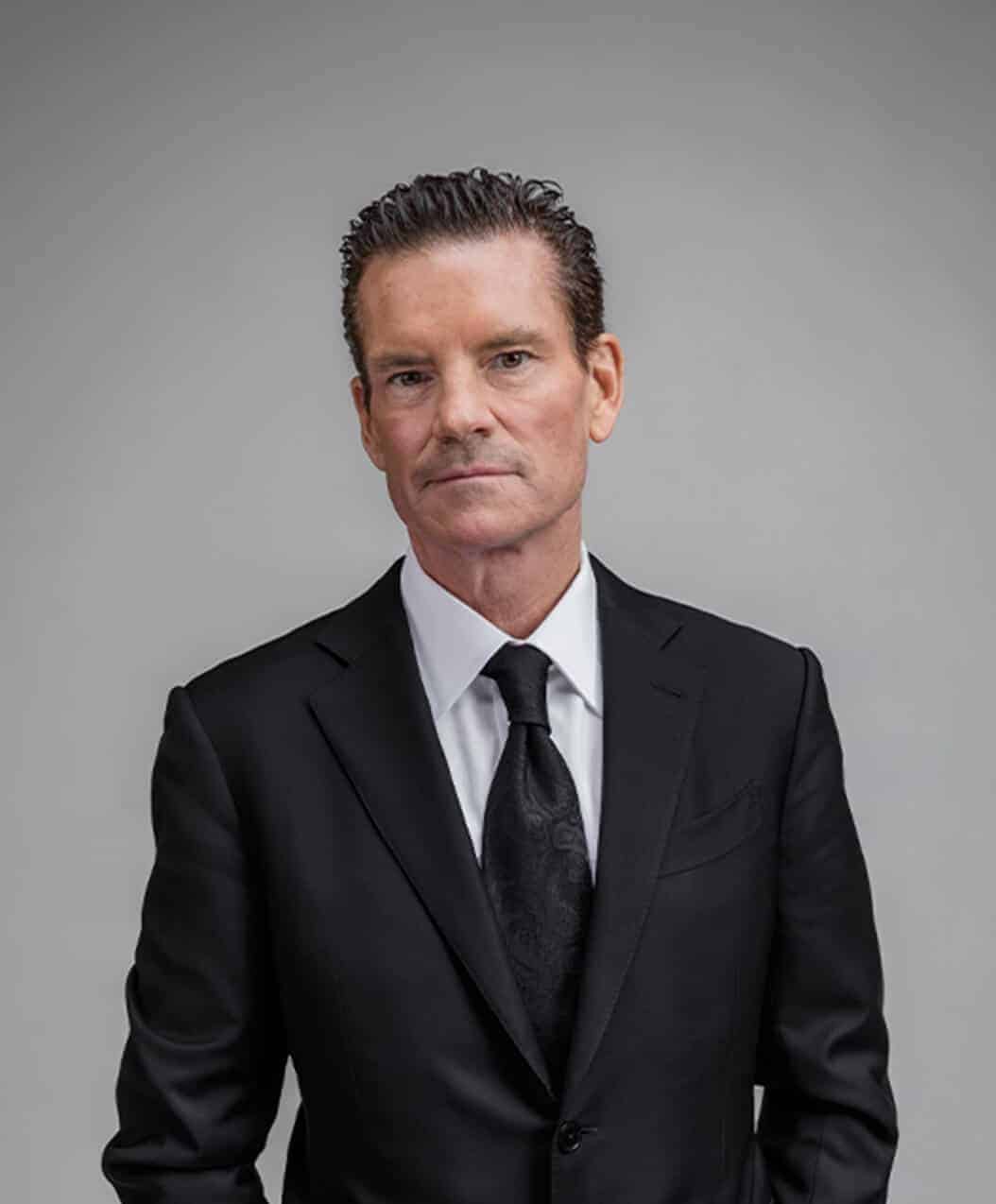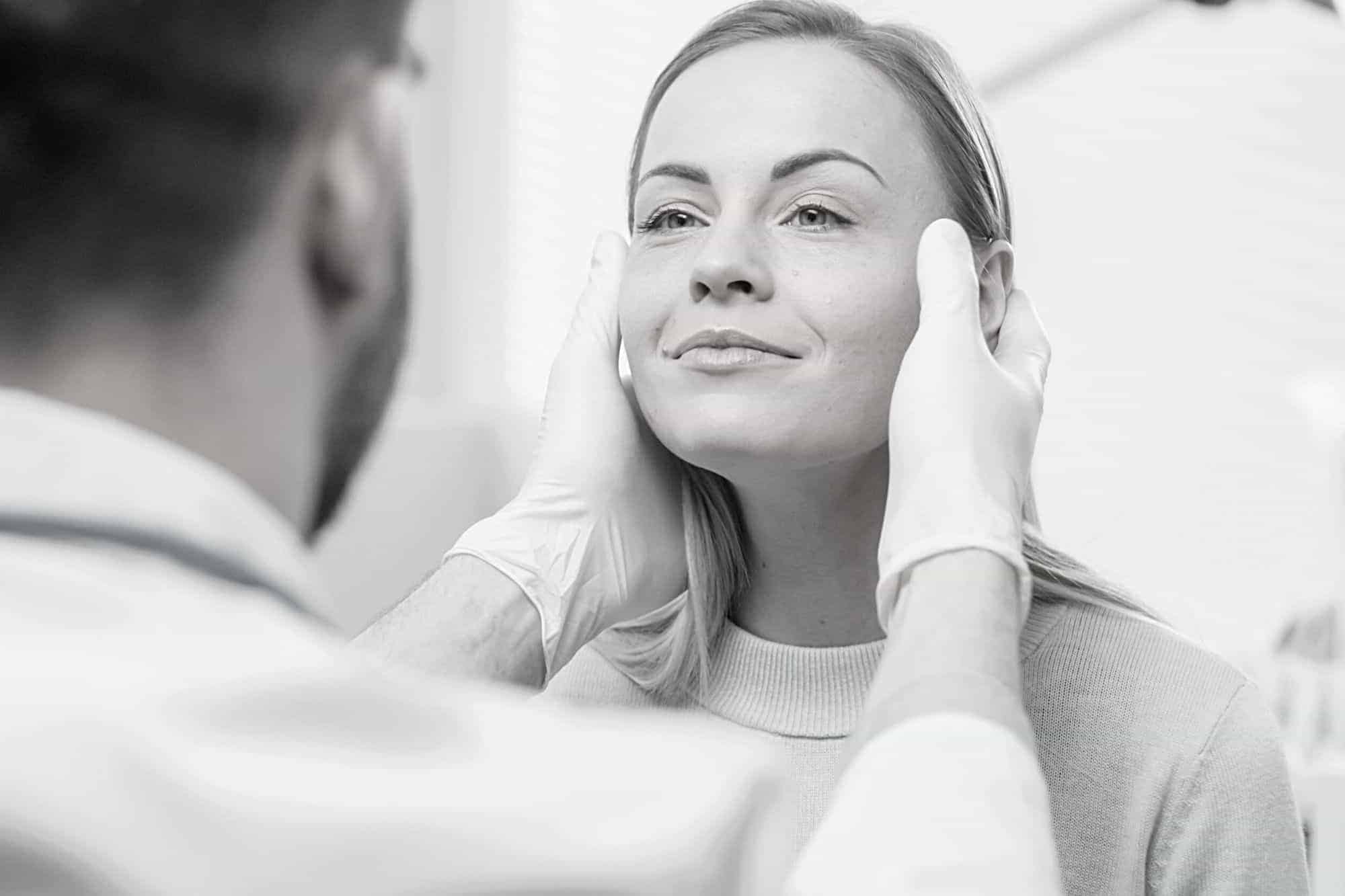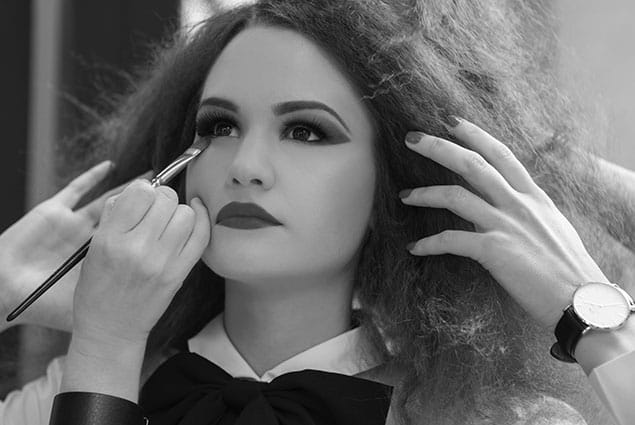May 2nd, 2025
Dr. Mulholland, Md
Women’s bodies undergo many types of changes throughout their life, from physical and hormonal changes during puberty to menopause and everything in between.
One of the most physically notifiable of these changes is changes to the breasts.
As women get older, their aging breasts can begin to lose firmness, change their shape and size, and become more susceptible to abnormalities such as lumps.
Every day our clinic sees those seeking breast implants in Toronto or other forms of breast procedures. During our consultations, some of the common questions we are asked are “why are my breasts getting bigger with age?” and “what causes breast changes, to begin with?”
Today we’ll talk about the changes during breast aging in women and why these breast changes happen. This includes breast aging and breast tenderness, and finally, how our clinic can help address these issues.
Why Do Mature Breasts Change as They Age?
Collagen & Elastin
The collagen and elastin produced in your body are what make your skin elastic and stretchy. It’s what causes the skin to heal and snap back after weight fluctuations and keeps the skin looking smooth and supple. When we age, collagen and elastin slow down their production, causing drooping skin. This happens in aging breast changes as well, resulting in sagging mature breasts.
Low Estrogen
As women get older, their estrogen levels naturally begin to decline. These lower levels of estrogen are often the leading reason that mature breasts change during aging.
Estrogen is what stimulates your body’s creation of breast tissues. Less estrogen causes less collagen and elastin to form and its connective tissues to become less elastic. Mammary glands also begin to shrink and are replaced with fat cells instead. This combination of low elasticity and increased fat causes the breasts to lose their firmness and full appearance. When this happens, the mature breasts can begin to appear “deflated,” softer, and develop sagging breasts.
Menopause
Menopause is the leading time that estrogen levels drop in a woman’s body. While the average age of menopause is considered to happen to women during their early 50’s, it’s officially considered any time a woman does not have a menstrual period for at least 12 months.
Changes in mature breasts can occur even years before menopause officially hits, during the stage known as perimenopause. During this time, both the size and shape of the breast change. Additionally, aging and breast tenderness are also correlated. With age, mature breasts may begin to feel spikes of achiness or tenderness more often than usual and at random times.
Aging and breast tenderness are related because during your period cycle, your estrogen levels spike, which causes the ducts within the breasts to fill with fluid that swells the breast. As perimenopause makes your cycle hit at irregular times, these breast changes strike more randomly at well.
Weight Changes
Decreased levels of hormones such as estrogen can directly lead to weight gain, and this is because the low estrogen levels make it harder for our bodies to maintain muscle mass but easier for fat to form. Often this new fat forms in places like the stomach, legs, and of course, breasts.
It is common to see mature breasts getting larger with age due to this weight gain, and this added weight, when combined with decreased elasticity levels of the skin, can cause drooping and sagging breasts.
Treatments
Now that you know some of the ways and reasons mature breasts change due to age, let’s talk about what we can do to help fix it. The type of procedure you may require will vary depending on the nature of your problems, and in some cases, may require a combination of more than one. Here are some of the breast procedures we perform on mature breasts.
Breast Augmentations
Breast augmentations, also known as boob jobs, are among the most popular cosmetic procedures women get done; almost 200,000 were performed in 2020 alone! These procedures can be performed to help women with insecurities about their mature breasts.
Our clinic offers several varieties of breast augmentations:
Saline Breast Implants
Saline is a solution made from sterilized saltwater. Minor incisions are made, and the empty implant case is inserted. The implants are then filled with the saline solution, pushing the mature breasts into position and desired size.
There are many benefits to opting for saline implants. First, as they are inserted as an empty case, the procedure is less invasive than other types of implants. It also allows surgeons to have more control over the size of the implant and make sure each breast is perfectly symmetrical. As this procedure is less invasive, scarring is often minimal. Saline implants are also slightly less expensive than other options such as silicone.
Saline implants do have some drawbacks, however. For starters, since saline is a liquid, it moves as such, meaning when a person with saline implants is in motion, such as running or bending, they may notice rippling in the breasts from the saline moving around. They also don’t feel entirely like natural breast tissue. Both issues can be unappealing to women who may not want visible or tangible signs of implants. Lastly, saline implants are also more fragile than their silicone counterparts and need replacing roughly every ten years to reduce the risk of breakage. However, the bright side is that saline is a sterile solution and will be absorbed safely by the body and generally cause no harm should rupture occur.
Silicone Breast Implants
The most modern form of breast implants is silicone implants, also known as the “Gummy bear” implant. The name comes from the cohesive, dense silicone gel within the implant that is form stable, meaning if the implant’s outer shell is broken, the filling stays in place. Picture putting a pin through a gummy bear; nothing leaks out after you’ve removed the pin.
Besides a reduced risk of leakage, gummy bear implants also have a more natural appearance. They come in either a round circular shape or a more natural teardrop shape, narrower at the top and broader at the base. As the filling is denser, no rippling occurs during movement. They also have a more natural feeling to them than saline implants.
While silicone implants are far less likely to break than saline, a downside to them is they can be harder to spot when they do rupture. Unlike a saline implant rupture, which will almost immediately show signs of deflation, silicone ruptures are far slower and more gradual and can take a while even to be noticed. Silicone is not able to be absorbed by the body, unlike saline and requires surgery to remove. As it is harder to spot a leak at surface level, it is recommended to get an MRI every few years to check the integrity of the implant; and to report any discomfort or sensations to your surgeon should they arise.
Fat Transfer Breast Augmentation
Breast augmentations via fat transfer are another breast enlargement surgery that we perform at our clinic. While implants and associated procedures have vastly improved their levels of safety and quality over the years, some women still feel an aversion to having them, whether for personal preference or medical reasons. As such, fat transfer is an appealing option for those wishing to increase their breast size. During a fat transfer, Toronto liposuction is performed on another part of the patient’s body. Usually, this is an area where they would like fat removed from anyway, such as the legs or stomach. The fat from the unwanted donor area is then transferred to the breasts to create the desired size, shape, and symmetry.
Many women enjoy this option as the surgery is performed with their own natural fat cells rather than a foreign implant and can safely say that their body is still 100% their own, albeit repositioned a little.
The fat transfer also benefits from doubling in liposuction from the unwanted donor area, making this procedure a “two in one” kind of makeover. As they are not implants, these types of breast augmentations also never need replacing so long as general weight and health are maintained at similar levels to that at the time of surgery.
One drawback of this procedure is that this procedure can only increase cup size in a limited capacity, usually a half to one cup size. Some women opt to use this procedure to “top off” or enhance their saline or silicone breast implants, to give a more natural layer between their skin and their implants. This added fat transfer can also reduce the appearance of ripples from silicone implants.
Implant Removal
While almost all our clients are content with their implants for the rest of their lives, some women desire to remove them later in life. Reasons can include no longer enjoying their feel or appearance because they have ruptured and do not wish to seek a replacement or because they have come to us from an improperly done procedure from another clinic.
Whatever the reason, our clinic is happy to help perform breast implant removal for our patients. In some cases, women may opt for a fat transfer augmentation as their implants are removed to avoid losing total size.
Breast Lifts
Breast lifts are different than breast augmentation. While augmentation is used for increasing the size of a woman’s breast, lifts are used to treat sagging or “deflated” looking breasts.
Breast lifts restore firmness and give the breasts a younger, perkier appearance. This is generally done by making small incisions (as little as one incision per breast, depending on the method used). Nipples are then repositioned for improved symmetry, and the excess loose skin is then taken away.
Breast lifts, while recuperative in fullness to the breasts, do not typically increase your cup size rather than restore it to its size pre-sagging; because of this, it’s common for women to combine this procedure with a breast augmentation.
Our clinic performs several types of breast lift procedures, including the following:
Crescent Lift
Crescent lifts are a breast lift procedure for breasts that only sag in a minor way. A single, crescent-shaped incision is made by each of the areolas, and excess skin is removed so the nipples can be raised. As this lift does not accomplish dramatic reshaping, this method is often reserved for breast augmentations to help relocate the nipple for optimal appearance.
Circumareolar Lift (Donut Lift)
A circumareolar lift, also known as the donut lift, uses a single incision per breast, this time a complete circle around the areolas. This method is a little more invasive than the crescent as its incision goes further but is still a reasonably minimal procedure. It is a preferred lift when symmetry is the biggest desired between the breasts or is often performed with breast augmentations such as implants to reduce the size of the areolas.
Vertical Breast Lift (Lollipop Lift)
This is one of the most common types of breast lifts performed. Other common names for this lift are short-scar lift or limited-scar lift. A vertical incision is made from the areola to the under-breast area during the procedure, and excess tissue and skin are then removed. The name “lollipop lift” comes from the vertical line connecting to the circular areola, giving a “lollipop” appearance. This surgery is best for those with limited excess skin but a desire to raise the nipples and areolae.
Anchor Lift
We typically only perform anchor lifts on mature breasts that have significant signs of aging and sagging. This is a more extensive lift that uses an anchor-shaped incision, starting vertically from the areola to the under-breast area and continuing along the curve of the under-breast area. This pattern of incision allows for maximum lift and reshaping to the breasts.
We Can Help
Whatever the insecurities you may have about aging breasts, our team of Toronto plastic surgery specialists is dedicated to helping you treat them.
If you’re tired of being embarrassed by the signs of breast aging, we can help. Please call us at 647-723-3739 or book a consultation with us online.
FAQ
Can Breast Surgery be Part of a Broader Aesthetic Plan as I Age?
Absolutely. Many women choose to consult with their surgeon about pairing breast procedures with other rejuvenating treatments like a Mommy Makeover or a breast lift with implants to achieve a more harmonious transformation. A personalized approach ensures results that reflect your goals while addressing changes that naturally occur with age.



